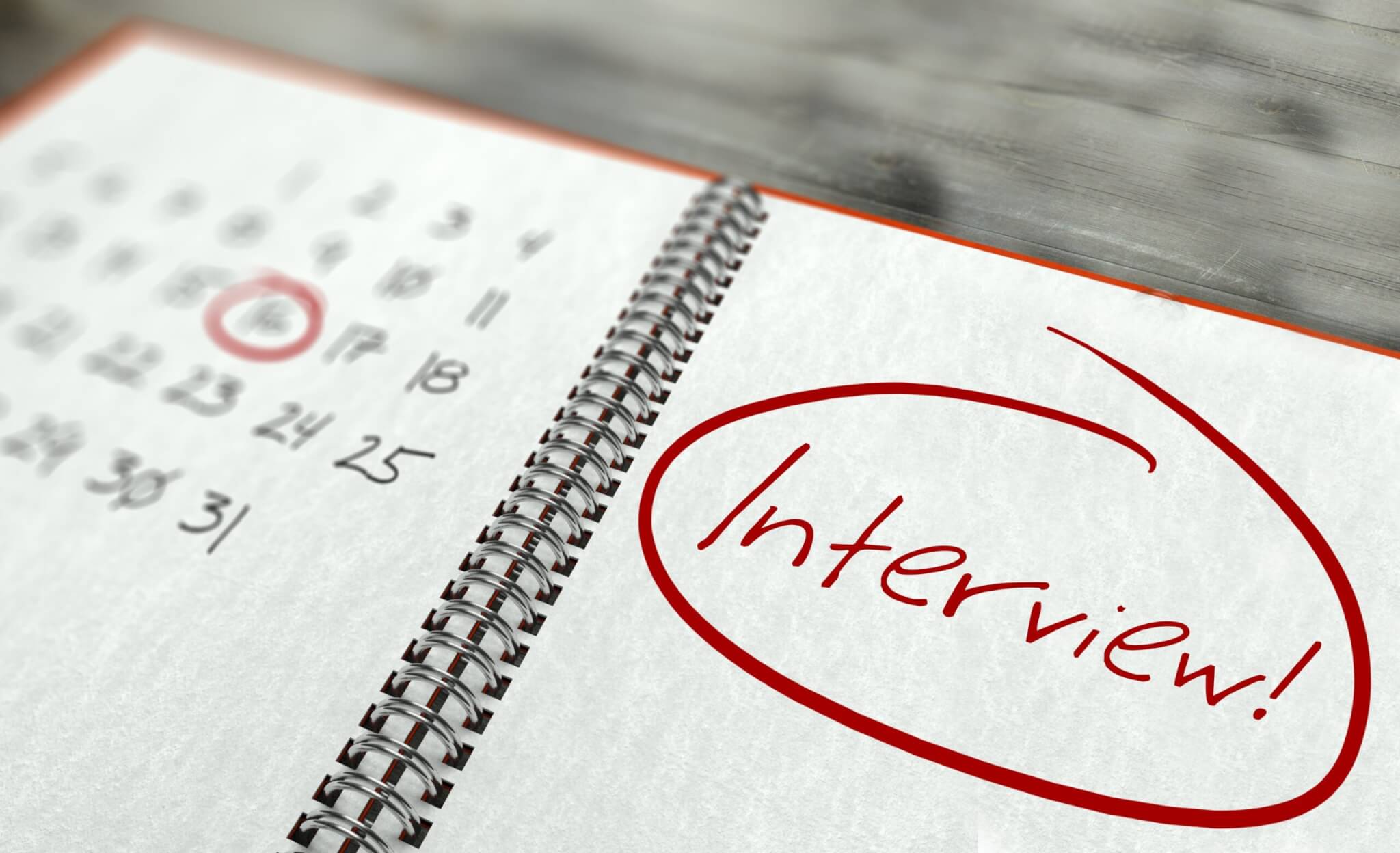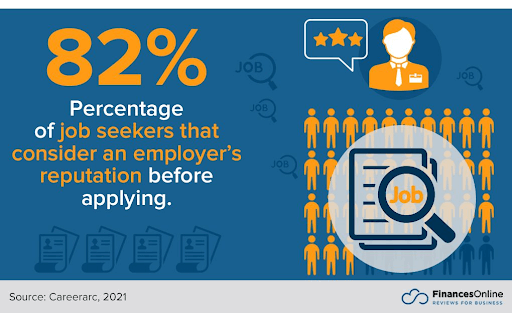How to Become More Efficient When Scheduling Interviews

Businesses are always looking for the best candidates to fill open positions but this is not always the easiest thing to do. Companies have to understand what they can offer to a potential candidate and make sure they communicate these benefits effectively during the recruitment process. The interview process is an important avenue that businesses can use to position themselves as an employer of choice.
67% of recruiters spend between 30 minutes and 2 hours interviewing each candidate, and this doesn’t include the time required to schedule, prepare for, and follow up on an interview. Businesses conduct multiple interviews with numerous candidates before making an offer—so the time it takes to interview these candidates can add up very quickly. This makes efficiency and effectiveness extremely important during the hiring process.

The Cost of Poor Interview Planning
1. A Poor Candidate Experience
Businesses are acutely aware of the challenges they face when attempting to fill open positions. In recent years, unemployment has risen while businesses take more time to fill open roles. This indicates a serious disconnect, which can be due to misaligned priorities, values, or sometimes, simple timing. Reputation is a key factor in this challenge—recent research shows that 82% of job seekers consider their potential employer’s reputation before they apply for the role.
Businesses that provide a poor candidate experience can find themselves receiving fewer applicants. Inefficiencies such as multiple reschedules of an interview, an interviewer showing up late, or significant delay in responding to queries can lead to candidates feeling undervalued by the business, thereby missing the chance to hire employees who considered them their preferred employer.

2. Inconsistent Interview Plans Lead to Inconsistent Hiring Results
The interview process is designed to gauge the quality of a candidate and how well they are likely to fit into the organization. Once interviews are conducted, the best candidates are compared to find the best possible fit for the job. However, this can be difficult to do when the criteria considered during the interview is inconsistent.
Hiring managers and recruiters who conduct interviews can be affected by their priorities at the moment, their issues with past hires, and their experience level and approach as an interviewer. This can lead to the interview process yielding inconsistent results, and can be a major issue for companies that wish to find and retain top talent. A single bad hire can cost a business as much as $15,000, and inconsistent interview quality significantly increases the chances of a business incurring this cost.
How to Be More Efficient When Scheduling Job Interviews
1. Follow Up as Soon as Possible
A recent survey revealed that for almost 95% of job seekers, knowing how to follow up after an interview was the most important aspect of a good candidate experience. However, providing candidates with avenues to follow up on the results of their interview can sometimes lead to HR personnel being overwhelmed with queries from eager candidates. This can significantly hamper their ability to remain efficient when dealing with multiple open roles, each with their own pool of candidates that need to be assessed.
Businesses can avoid this by being proactive in their outreach to candidates. Recruiters and coordinators can inform applicants that they will receive a follow up within a specific time frame. This response should be as soon as possible after the interview to avoid losing high quality candidates to competitors.
2. Automate Manual Tasks
HR personnel have to manage numerous time-consuming administrative tasks and communicate with many candidates, hiring managers, recruiters, and more. Some of these tasks, such as sending reminders to candidates before their interviews or reminding interviewers to share their feedback after the interview, are primed for automation.
These tasks are time consuming but essential for the interview process to be conducted smoothly. Modern software offers coordinators and recruiters the opportunity to automate these processes so they can focus on more important tasks, such as managing candidate expectations and building relationships with key internal and external stakeholders.
3. Know What You’re Going to Say
Every recruiter knows that preparation can increase efficiency and effectiveness in almost any scenario and interviews are no different. Inexperienced hiring managers can sometimes fail to ask the right questions during an interview, leading to the interview needing to be repeated. A consistent interview process and standardized questions can help interviewers by guiding their communication to collect the information they need to make a positive hiring decision.
Read: What is a high value interview?
4. Segment Your Interviews With Technology
Like many other industries, recruitment has experienced significant disruption due to digital tools and software. Cloud-based aptitude tests and pre-recorded questions can help businesses find the most qualified pool of candidates for face-to-face interviews. Interview scheduling software has also made it easier for recruiters to find common time slots for candidates who might reside in a different time zone than the interviewer. In addition to choosing the right candidates, software can also make it easier for HR teams to find empty rooms to conduct the interview in, easily share meeting details with multiple stakeholders, and provide candidates with the opportunity to digitally check in to their meeting on their smartphone before they arrive at the interview.
The interview process is important for both the candidate and the employer. A positive candidate experience driven by efficient processes and modern software can help businesses position themselves as employers of choice. Businesses can also use technology to find the best candidate available for the job by weeding out poor fits early in the recruitment process. Every business needs good employees and an effective and efficient interview scheduling process can help them find it even in difficult market conditions.
Guest Author Bio
Dean Mathews is the founder and CEO of OnTheClock, an employee time tracking app that helps over 10,000 companies all around the world track time.
Dean has over 20 years of experience designing and developing business apps. He views software development as a form of art. If the artist creates a masterpiece, many people’s lives are touched and changed for the better.
When he is not perfecting time tracking, Dean enjoys expanding his faith, spending time with family and friends, and finding ways to make the world just a little better.
